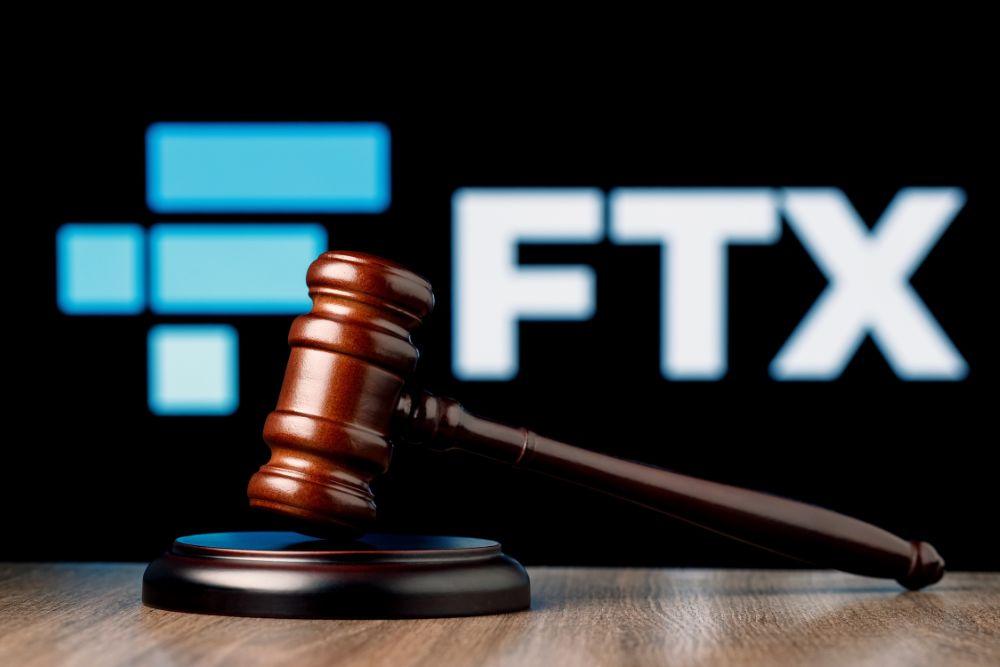Defunct crypto exchange FTX has canceled customer claims worth over $2.5 billion due to its failure to complete Know Your Customer (KYC) verification by the March 3 deadline. This decision affects approximately 400,000 customers who failed to verify their identities.
FTX creditor advocate Sunil Kavuri stated that canceled claims include $655 million in small claims below $50,000 and $1.9 billion in more significant claims. This move is part of FTX’s efforts to address regulatory noncompliance and collect key user data.
FXT Ordered to Repay $12.7 Billion
FTX collapsed in late 2022 due to mismanagement and embezzlement of customer funds. The founder, Sam Bankman-Fried, was convicted of fraud and sentenced to 25 years in prison for misusing customer deposits totaling $8 billion, which he used for personal gain, including buying back FTX’s stake from Binance and paying off Alameda lenders like Genesis.
FTX subsequently filed for bankruptcy, and a court ordered the exchange to repay $12.7 billion to its customers. The repayment plan proposes a return of 118% for creditors with claims under $50,000, 100% repayment for non-governmental creditors, and potential interest payments of up to 9% accrued since FTX’s collapse.
Customers React to Repayment Plan
However, some customers object to the repayment plan, opting to receive their cryptocurrency instead of cash. They claim the plan violates their property rights and unfairly benefits third-party creditors, including the US government. FTX subsequently filed a lawsuit in the U.S. Bankruptcy Court for the District of Delaware to cancel claims of customers who failed to complete their Know Your Customer (KYC) verification by the March 3 deadline.
The cancellation of these claims has significantly affected the concerned customers, who can no longer claim their share of the FTX bankruptcy estate. The exchange plans to repay its primary creditors on May 30, with $11.4 billion gathered for distributions.
As FTX moves forward with its bankruptcy proceedings, the fate of the affected customers and the recovery of their claims remains uncertain. The exchange’s efforts to address regulatory non-compliance and collect key user data will likely continue to shape the outcome of the bankruptcy case.
Find Cryptocurrencies to Watch and Read Crypto News on the Go Follow CryptosToWatch on X (Twitter) Now

